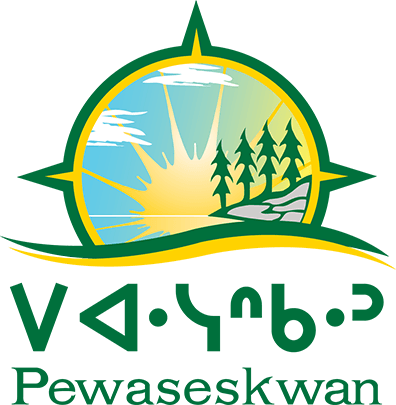CheckUp! "Time to focus on and learn from Inuit" has emerged as an Inuit-specific project focused on the prevention of sexually transmitted blood-borne infections (STBBI). This social media intervention has proven to effectively engage and empower Inuit youth in Nunavik by encouraging youth to practice their agency while engaging with the healthcare system. Find the CheckUp! project on Facebook. This recently CIHR-funded implementation science research aims to scale up and enhance the previous pilot project in Nunavik by using culture-, arts- and land-based research interventions and to contextualize the project to ensure its relevance and success in the Inuvialuit Settlement Area with the goal of decreasing the burden of STBBIs, improved healthy sexuality amongst Inuit youth, improved overall health and wellness outcomes for Inuit youth, and increased health research capacity in working with Inuit.
The broad goals of the proposed research:
- To normalize testing by changing attitudes and social norms around the use of screening services for STBBIs and reduce the barriers to testing and linkage to care.
- To decrease the burden of STBBIs throughout Inuit Nunangat
- To improve wellness and resiliency of Inuit youth using land-based and culture-based methods.
- To contextualize the CheckUp in another Inuit region.
- To foster Inuit youth leadership in the planning of wholistic health promotion interventions.
- To elucidate an Inuit-derived Two-eyed Seeing approach to research and evaluation, employing both typical Western metrics as well as ascertaining Inuit needs and methodologies.
The research team includes Indigenous physician, community research associates and academic health researchers, in partnership with Pauktuutit Inuit Women of Canada, a leader in sexual health programming in the Inuit region.
The project respects the cultural knowledge, traditions and practices of Inuit and will draw on Inuit societal values also known as Inuit Qaujimjatuqangit (IQ). To ensure IQ is appropriately included in this project, the research team will include Elders, Knowledge Keepers and other experts in IQ.
There are two components to the project: a land-based component and a social media component. During the COVID-19 pandemic, the land-based work and in-person research was interrupted and our focus shifted to social media. One of the land-based components of the research included two retreats: the first was held in September 2022 and the second retreat was held in February 2024. Our team members attended the International Congress on Circumpolar Health in Halifax in 2024 where we had a chance to share some of the learnings from the project. The team is currently in the knowledge mobilization stages of the project and are excited to share the outcomes.
This project was funded by the Canadian Institutes of Health Research (CIHR).
For more information, please contact: pewaseskwan@usask.ca


